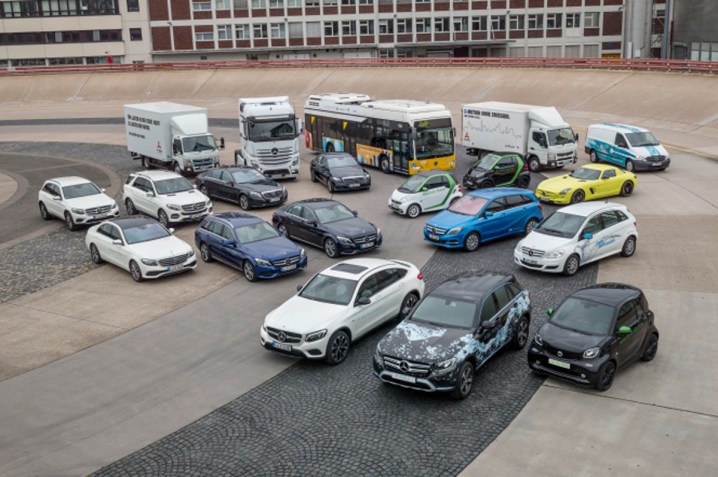It’s deja vu all over again as new reports begin to surface that Mercedes-Benz’s parent company, Daimler, may have installed software in its cars to help pass diesel emissions tests. According to German magazine Der Spiegel, U.S. investigators found that Daimler cars were outfitted with “several software functions that helped Daimler cars pass emissions tests.” This software is reportedly quite similar to that used by Volkswagen in the infamous 2015 case, which resulted in serious fines and a number of ongoing lawsuits for the German automaker.
While one would think that other companies would have taken a lesson from VW’s misstep, it appears that at least one major conglomerate did no such thing. Daimler has been suspected of cheating on U.S. emission tests since at least 2016, when customers filed a lawsuit against the company, alleging that their cars had software intended to trick emissions testers. And now, there appears to be more proof behind these claims.
Per reports from newspaper Bild am Sonntag, there are documents showing that American investigators have identified software functions that will switch off emissions cleaning after 26 kilometers (16 miles) of driving, as well as another function that helps a vehicle’s emissions cleaning system recognize whether or not the car is being tested based upon speed and acceleration patterns.
The newspaper also cites damning emails from Daimler engineers that raise questions about the legality of these software functions.
Despite these allegations, Daimler is maintaining that it has done nothing wrong. The company has told Der Spiegel that it will “take all legal means against the allegation of a defeat device.” A spokesperson has also told Reuters that while authorities are aware of the documents published by Bild am Sonntag, “no complaint has been filed.” The spokesperson noted further that “the documents available to Bild have obviously selectively been released in order to harm Daimler and its 290,000 employees.”



